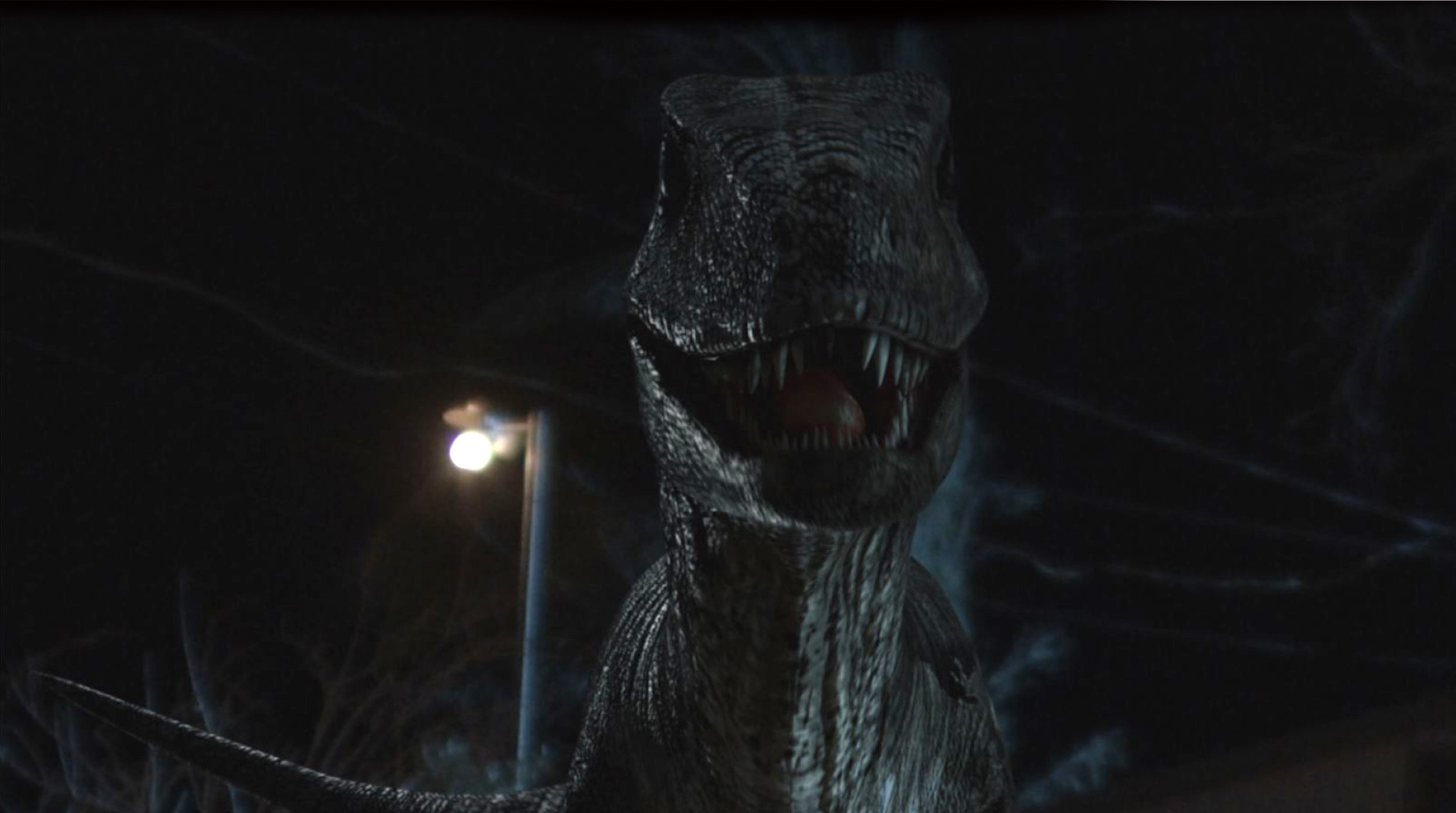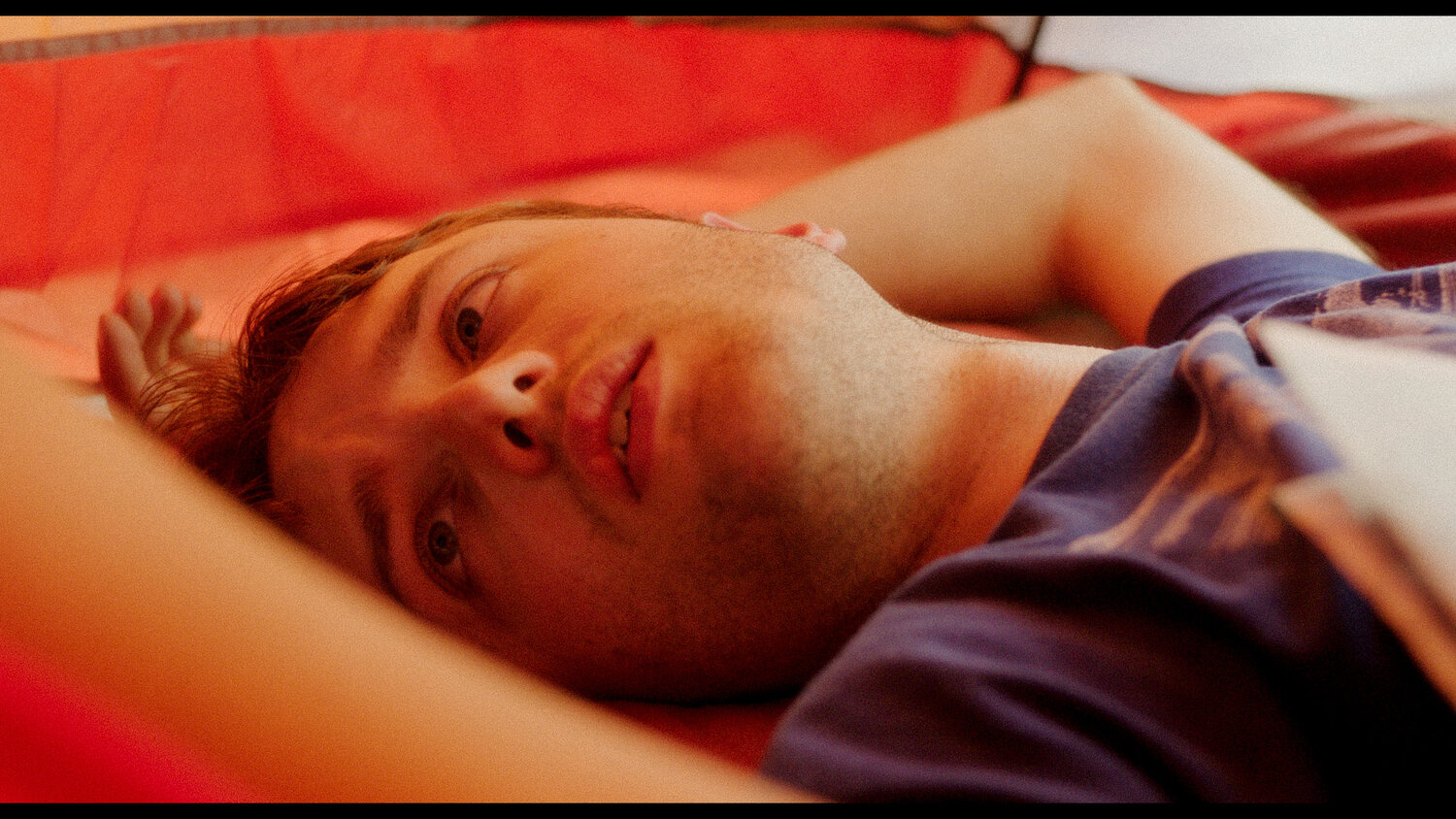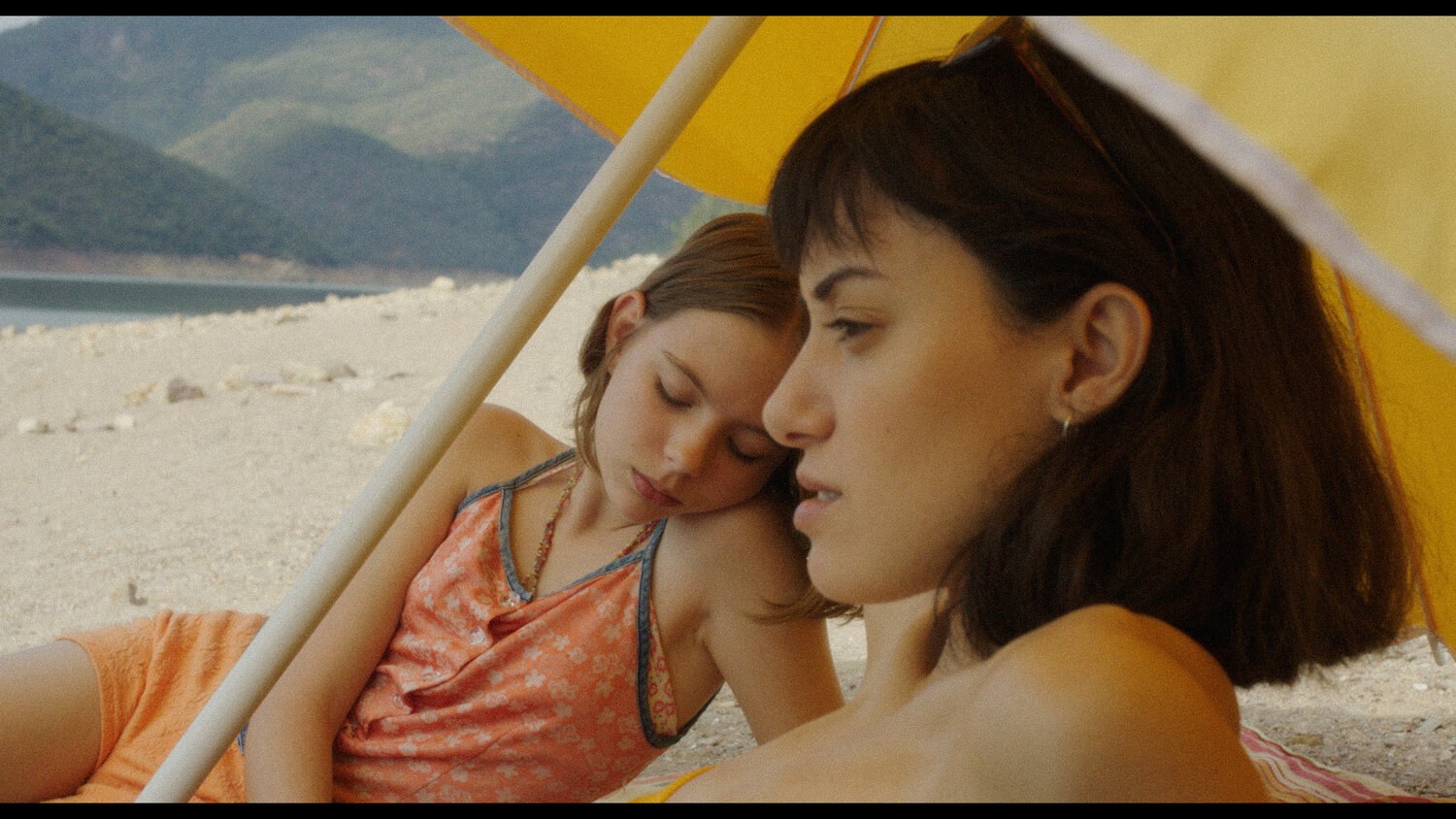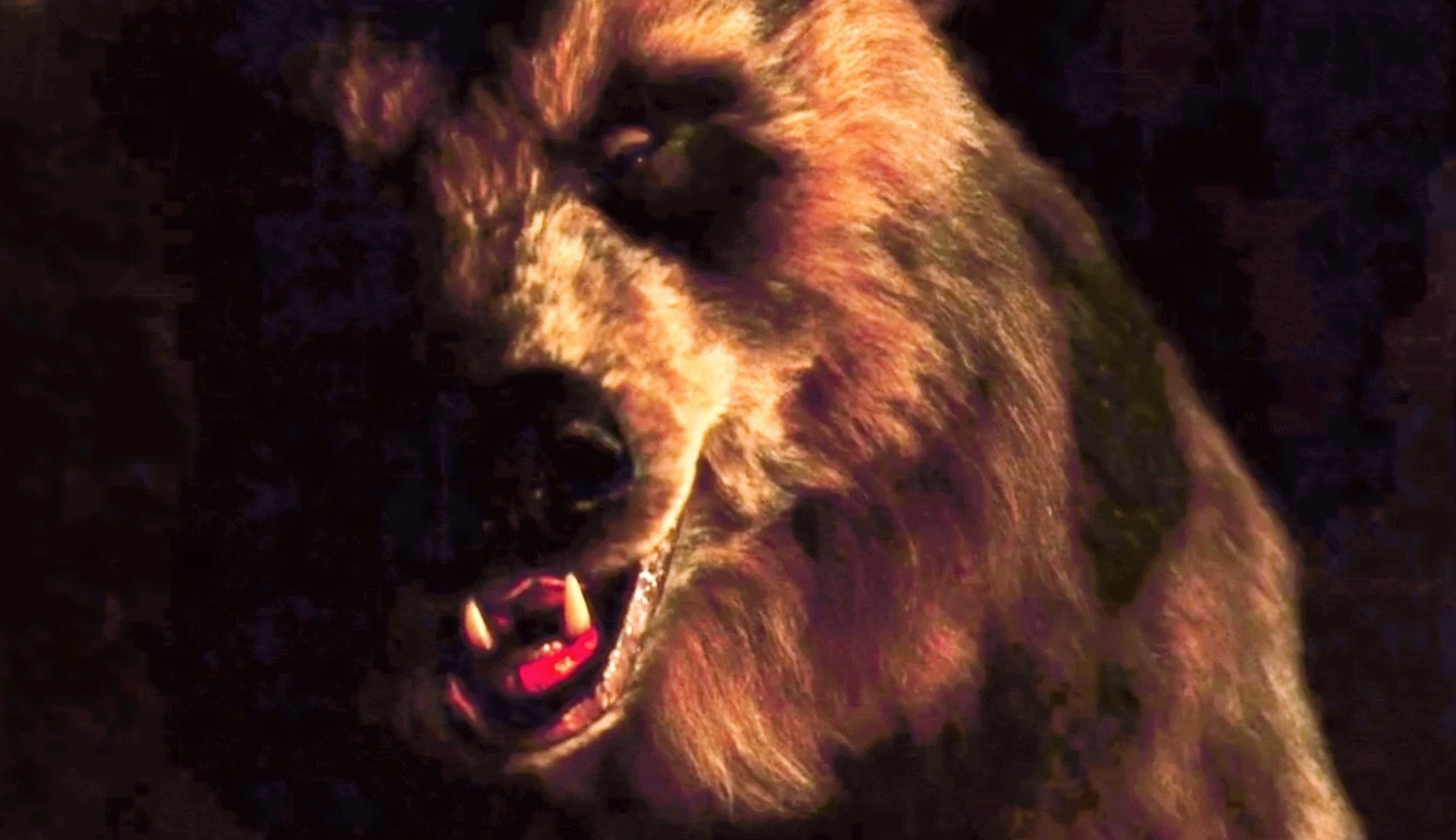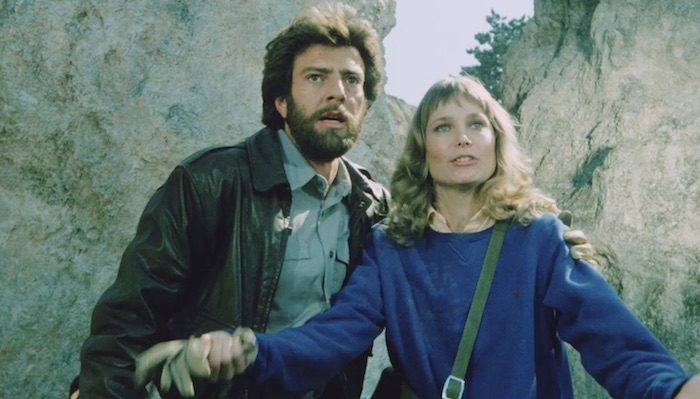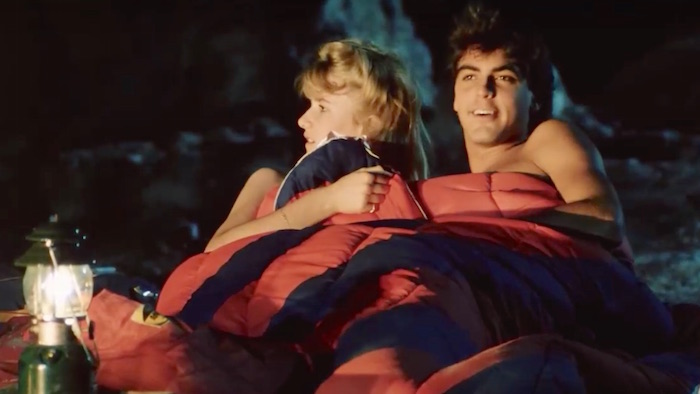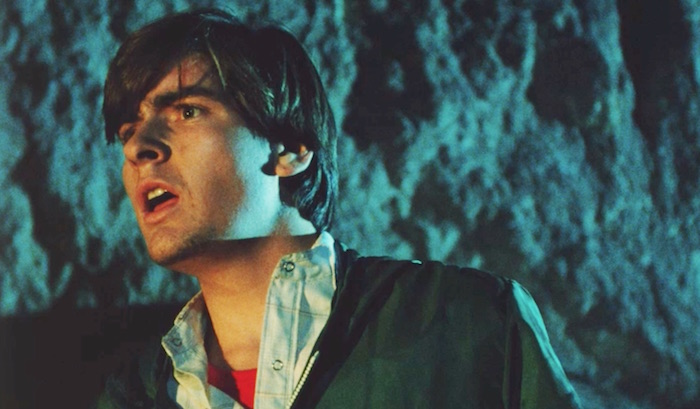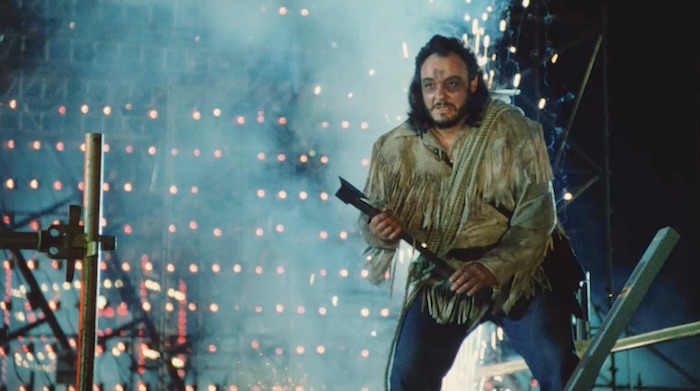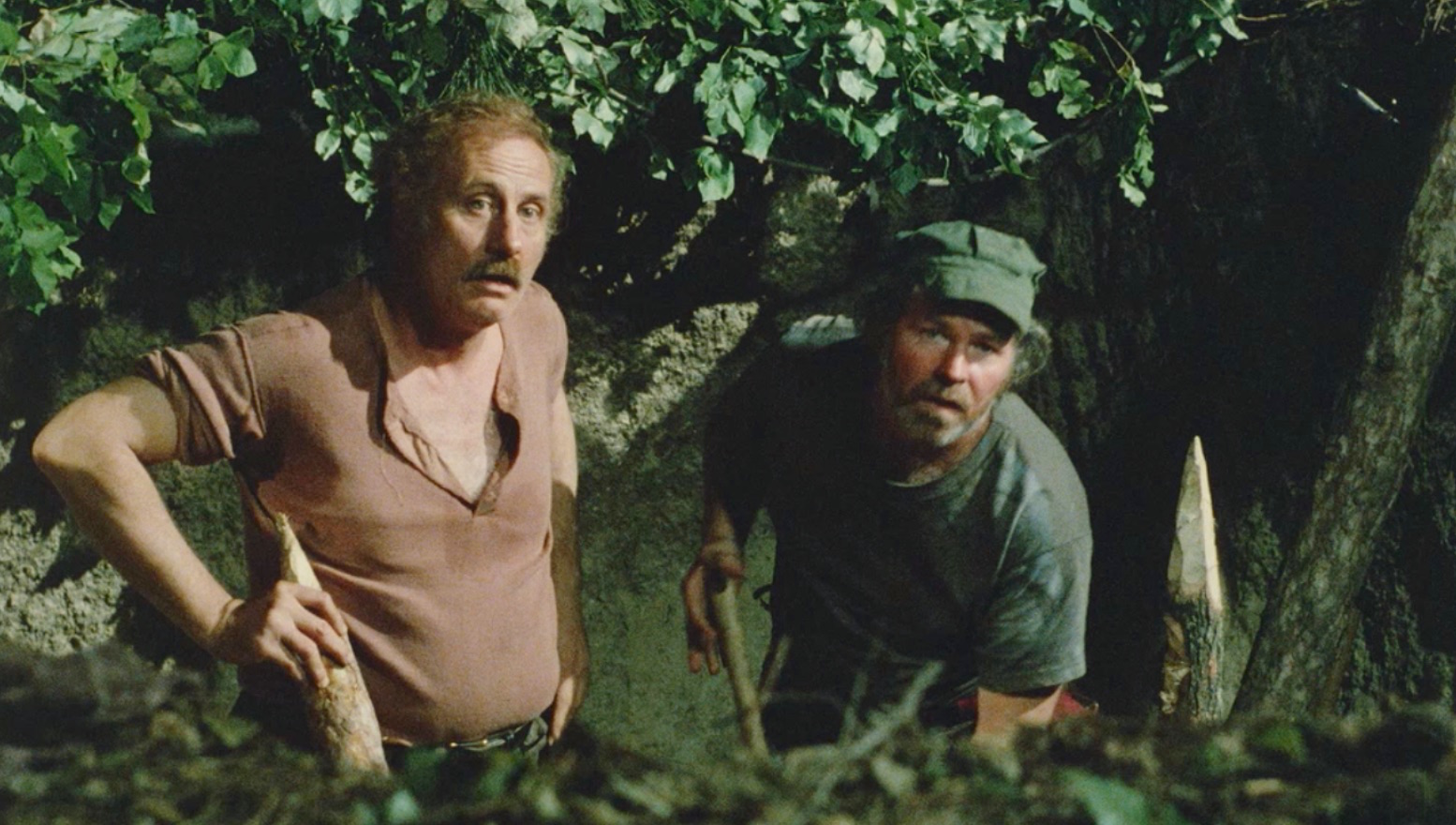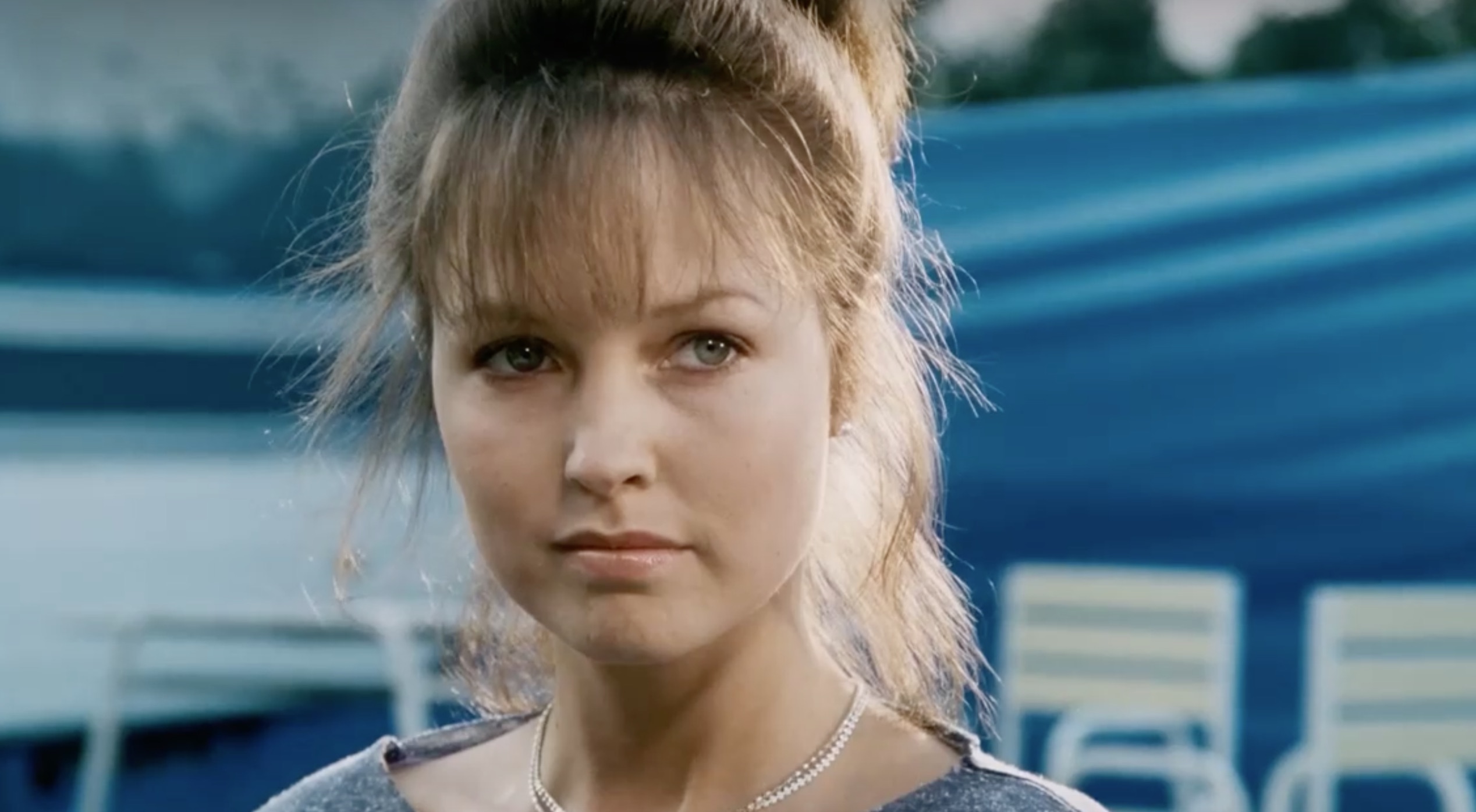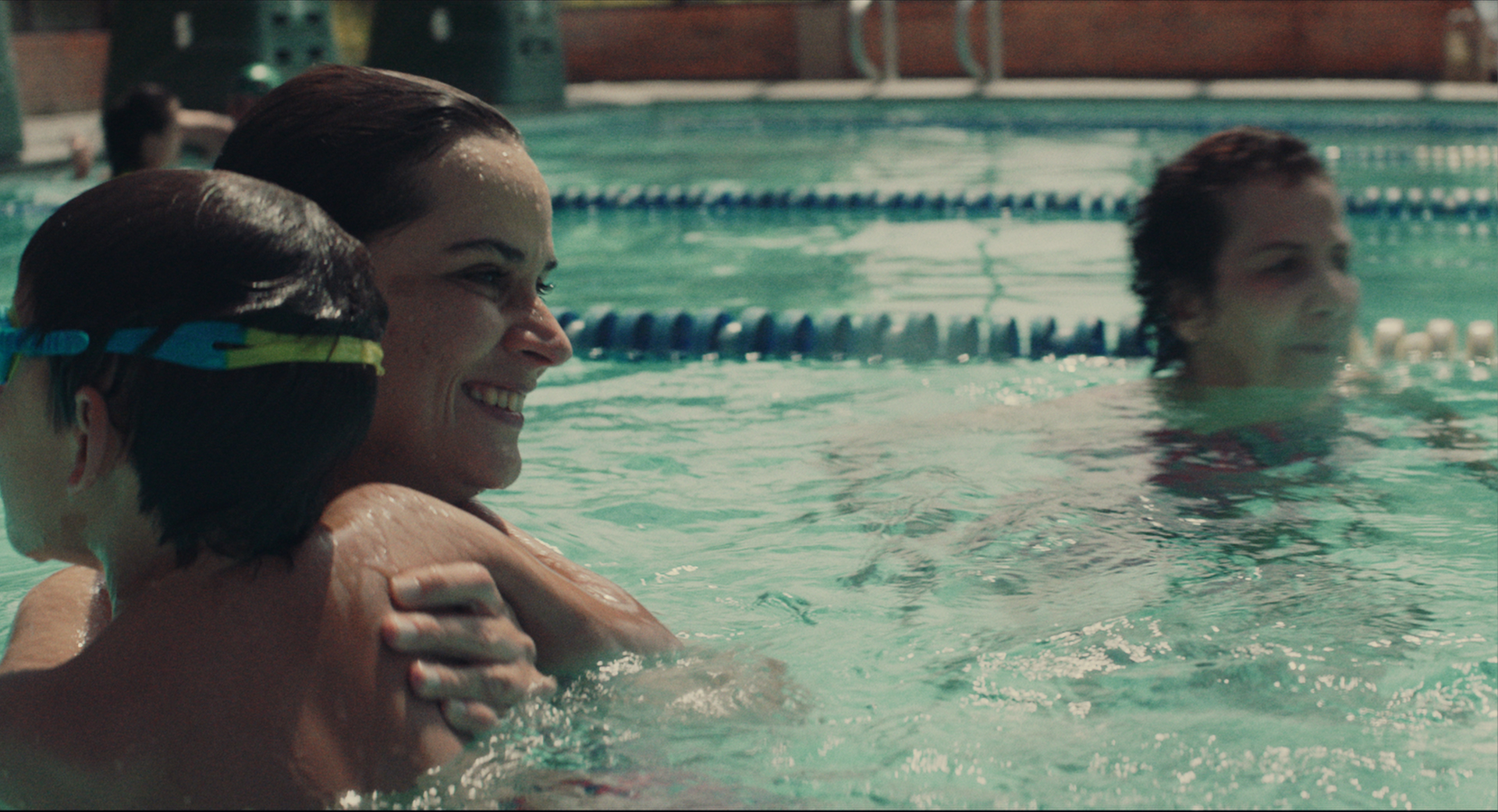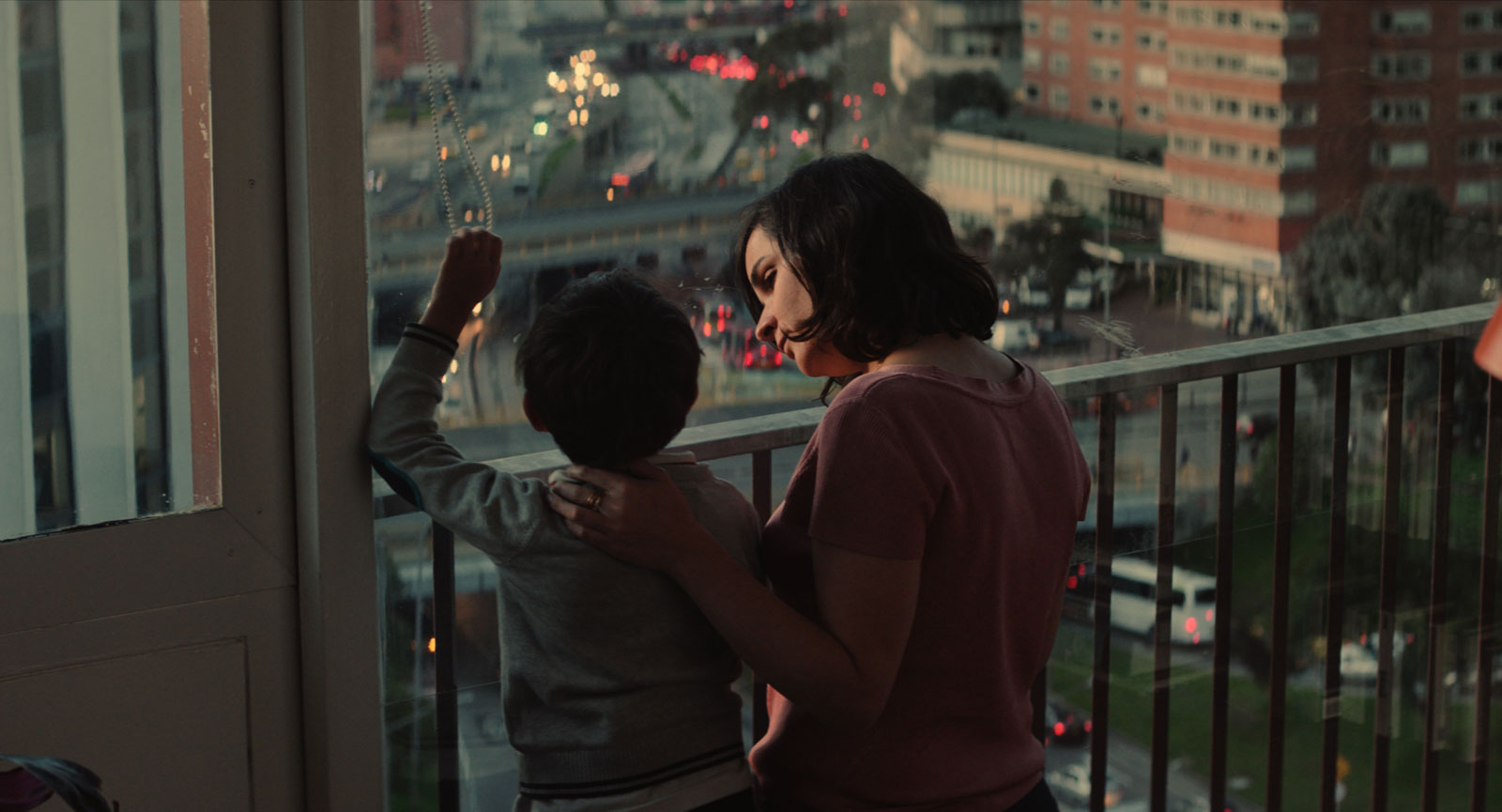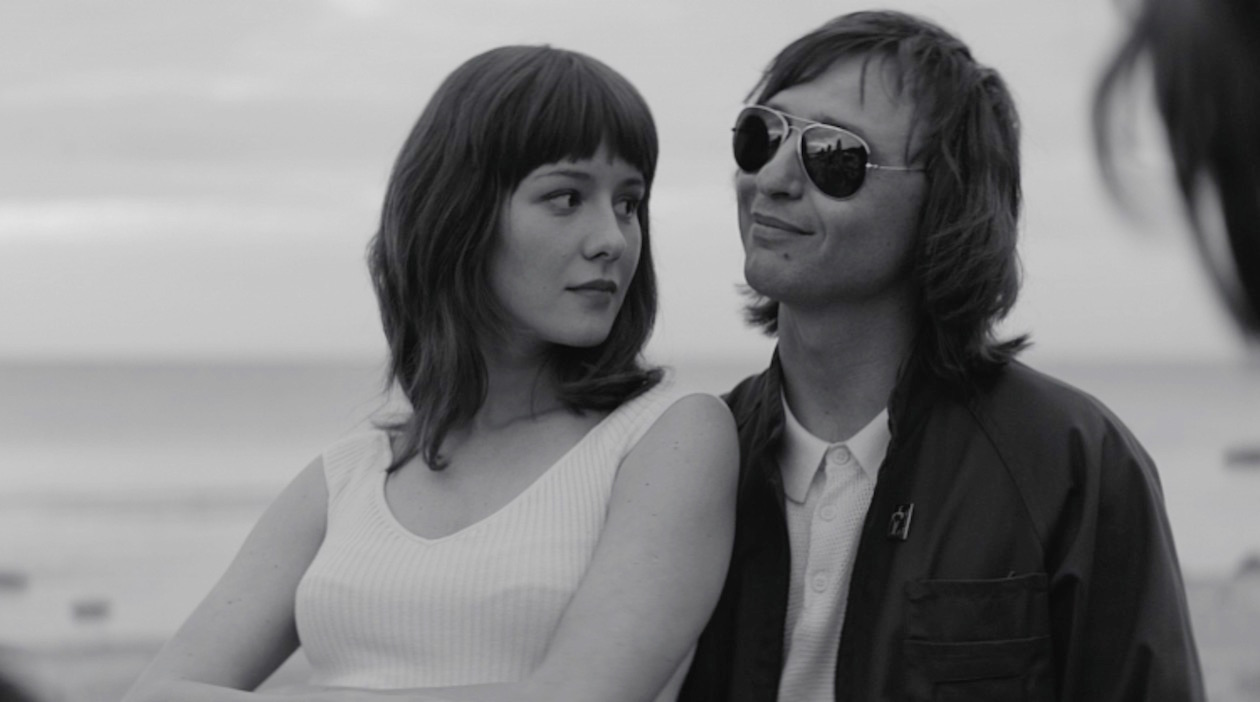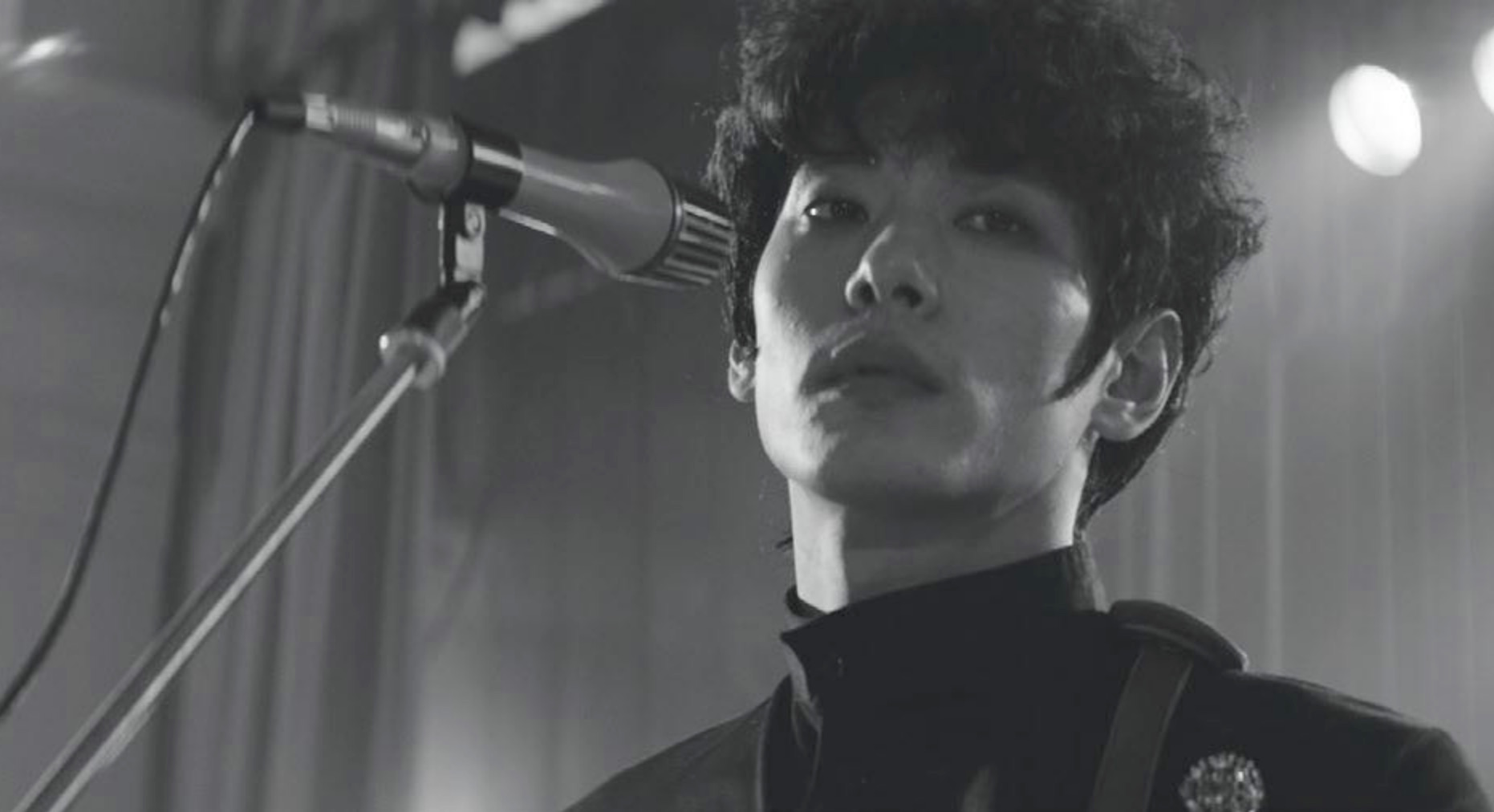MOOMINVALLEY: SEASON 3, EPISODES 4, 8, 12
 Saturday, May 20, 2023 at 8:15PM
Saturday, May 20, 2023 at 8:15PM
Voice Cast: Taron Edgerton, Rosamund Pike, Warwick Davis, Bel Powley, Matt Berry, Jack Rowan, Chance Perdomo, Edvin Endre and Jennifer Saunders.
Writers: Josie Day, Mark Huckerby, Nick Ostler, Paula Dinan; based on characters created by Tove Jansson.
Director: Darren Robbie.
Rating: ★ ★ ★ ★
Screening at the 2023 Children’s International Film Festival from May 27 in Sydney and Melbourne.
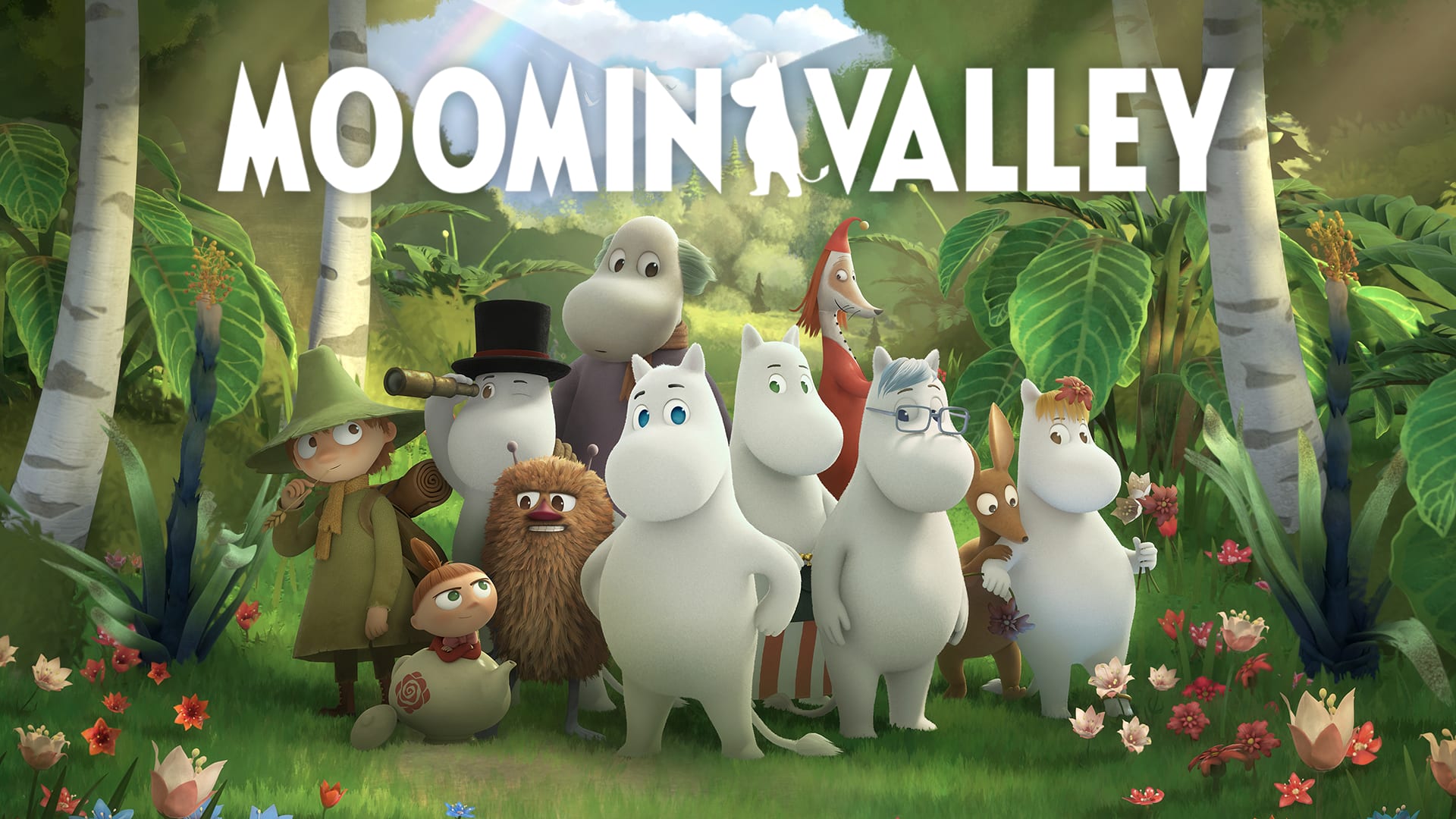
Finnish author Tove Jansson’s sweet and heartfelt Moomins family adventures have entranced European audiences since they were first published in 1945 in the picture book, ‘The Moomins and the Great Flood’. The fairy-tale existence that Jansson envisioned for her creations - a rustic, rural life in a wooded valley, surrounded by fantasy forest denizens and towering, frosted Alpine peaks - has reached iconic status in the Scandi states, and is increasingly adored abroad.
Having conquered family markets internationally over their eight delightful decades (including a 1974 opera, a 1990 animated series that sold to 60 countries, and theme parks in Finland and Japan), the latest incarnation of the Moomins adventures is Moominvalley, the 2019 animated series now in its third season. Three English-dubbed episodes will have their Australian Premiere at the 2023 Children’s International Film Festival, satiating the small but burgeoning Australian fanbase.
The first of the three 22-minute original narratives is ‘Inventing Snork’, in which cheeky pre-teen Moomintroll (revoiced by Taron Edgerton) tries to help the socially-awkward Snork better understand the value of friendship through compassion. The thematic throughline is accepting people for who they are, a familiar humanistic beat in Moomins’ storytelling. Rounding out the series is ‘Moominmamma's Flying Dream’, a sweet story in which Moominmamma's love of hot air ballooning is rekindled by her son, only for everyone to reach the conclusion that the joys of family is life’s greatest adventure.

The best of the trio is the middle episode, ‘Lonely Mountain’. Moomintroll cancels his hibernation to find his best friend Snufkin, who has ventured deep into the mysterious Lonely Mountains for some meditative solitude. Moomintroll misses his friend and acts on that self-focussed longing, not realising that Snufkin’s time away helps make him the special friend he is. The range of complex emotions explored in the scenes between Moomintroll and Snufkin is terrific character-driven animation; the grandeur of the region and the harsh realities of both the wintry outdoors and growing up are beautifully realised.
In the three episodes programmed for the festival, we get a good indication as to why the Moomins have remained one of Finland's most beloved exports and Tove Jansson’s exalted status as a teller of meaningful fantasy tales is etched deeply in European culture. The Moomins speak to the profound truths in family life, steeped in the beautiful colours of their homeland and the vivid world of the imagination.
